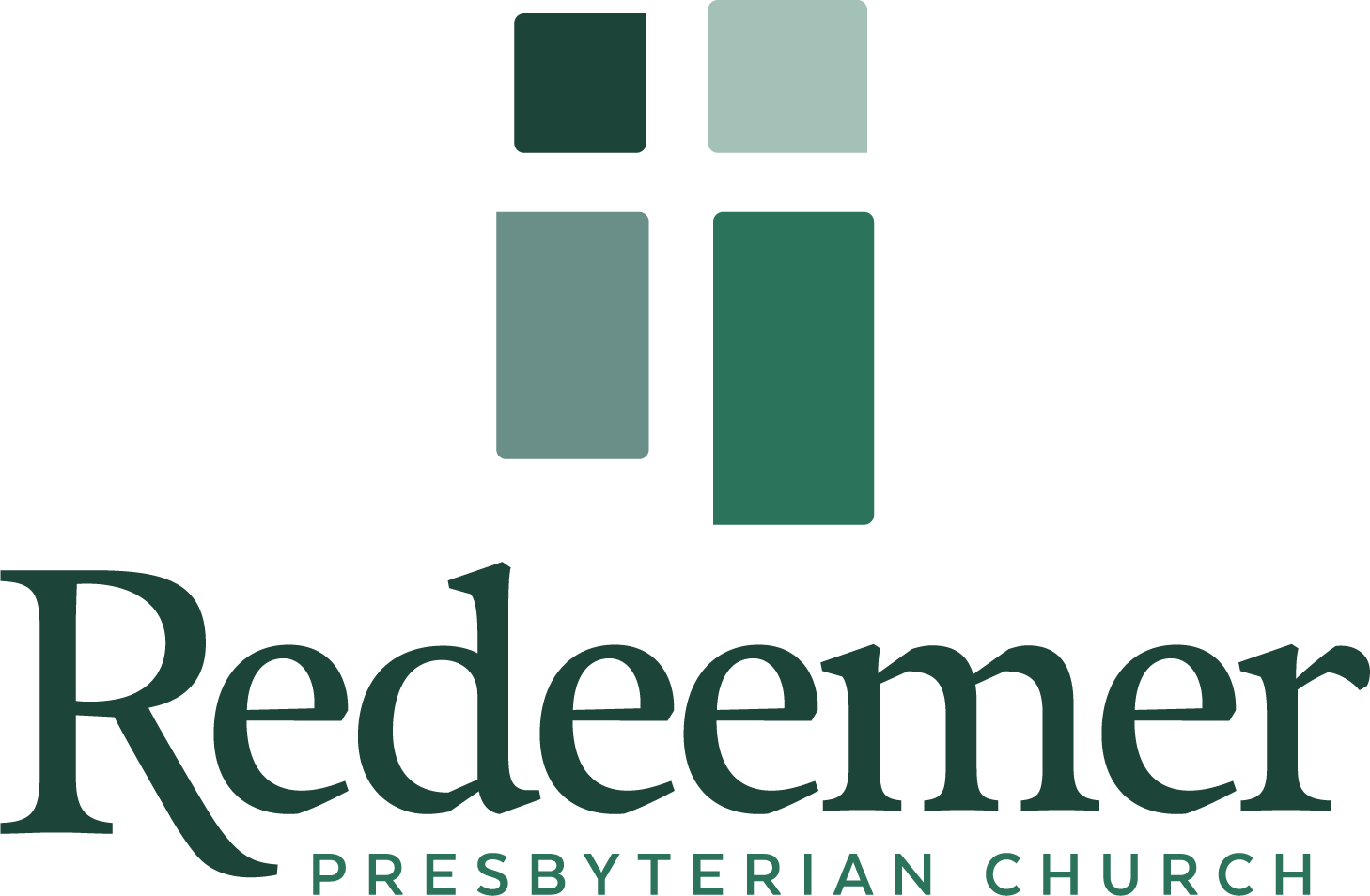Before You Vote: Seven Questions Every Christian Should Ask
By: Sean Scott
Brothers and sisters, if you have the time for 120 pages (it’s actually shorter than that when you see the size of the pages) then close this blog post and go buy Before You Vote: Seven Questions Every Christian Should Ask by David Platt. It is $5 on Amazon, as well as Kindle. Platt also discusses this book with Collin Hansen in the podcast, “Gospelbound” by The Gospel Coalition.
I have done my best to summarize each of Platt’s seven questions and my sincere hope is not to influence you to any end other than slowing down, logging off of social media or whatever your trusted news source is, and considering Biblically what it means to steward your vote to see the most justice done, and bring the most glory to God.
Here we go! A brief overview of David Platt’s “Seven Questions” before you vote:
Question 1 – Does God call me to vote?
Platt reduces his first chapter’s longer observations to a systematic list with supporting scripture references. He says God requires people to do the following:
Reflect his just governance by working to promote good, punish evil, and protect all people from harm. [See Genesis 1:27-28; 9:1-7; Psalm 8:5-8]
Subject ourselves to and support government for the flourishing of all people. [See Romans 13:1-7; 1 Peter 2:13-17]
Do justice - that which is right for all people as exemplified in the character of God and expressed in the Word of God. [See Jeremiah 22:3; Micah 6:8]
Pray and work for the welfare of the nation in which we live. [See Jeremiah 29:7]
Love God and love our neighbors as ourselves. [See Matthew 22:37-40]
Steward any responsibility we have in governance for the good of all people affected by our government. [See Romans 13:1-7; 1 Peter 2:13-17; Daniel 4:27]
Platt answers the first question in this way: “It seems we have a responsibility before God and one another to steward our vote for the sake of good, God-glorifying governance."
Disclaimers: He does not say that not voting is sinful. Since the Bible doesn’t say anything to that effect. He just wants the reader to have “the realization that how we use our vote is a matter of faithfulness before God."
Question 2 – Who has my heart?
Considering my own heart during election season has not been an easy thing to remember to do. Why does it matter that we do so? Platt asks rhetorically:
“What if there’s a way to be free from worry about its outcome? What if there’s a way to have true peace and total confidence no matter what takes place in our government? Is that possible?”
Platt goes on to game out the worst possible political scenario:
“Even if we lose every freedom and protection we have as followers of Jesus in the United States, and even if our government were to become a completely totalitarian regime, we could still live an abundant life as long as we didn’t look to political leaders, platforms, or policies for our ultimate security and satisfaction.”
Considering our heart and who has it is a prudent question ahead of Tuesday. An old adage to help diagnose who has your heart is to ask yourself: what am I afraid to lose? Or: What makes me really angry? Those are the things that have a hold of your heart.
Towards the end of this chapter, Platt says what we all know, yet need to hear loud and clear:
“No political candidate or party can provide for us, protect us, save us, or satisfy us.”
Question 3 – What does my neighbor need?
The last two questions were pretty personal. This question challenges us to see beyond how we could personally benefit from who is elected.
“Where in the Bible does Jesus beckon us with all the privileges we are entitled to possess and all the comforts we deserve to enjoy? Where does Jesus woo us with promises of everything we want in this world? When does Jesus ever encourage us to promote our nation as superior or prioritize our preferences as supreme?”
Platt says we need to pause and ask two critical questions:
“Whose good should I promote with my vote?” and “What goals should I prioritize in my vote?”.
He says that Jesus makes clear to us what our top priority is:
“First, life is found in loving God with all our heart, soul, mind and strength. What an astounding aim – to experience intimacy with the God of the universe.”
He goes on to point out the second priority after knowing and loving God:
“Second, Jesus says life is found in loving your neighbor as yourself. Contrary to the pattern of this world that prioritizes ‘our rights’, Jesus calls us to prioritize ‘others’ needs’. If you want to experience life to the full, Jesus says, lay down your life in love for other people. And as you do, they will experience God’s love through you, and you will grow in your love for God.”
Is my vote only for me or should I consider the good of my neighbor?
Question 4 – What is the Christian position?
Platt argues there are clear and direct positions that Christians should reasonably hold because of what the Bible says. He also argues that there are reasonable ways Christians can disagree on different policy issues. He warns against making something “the Christian position” if it is not one of the clear and direct positions we should all hold and agree upon.
What is the danger of going beyond what the Bible says? Division in the church.
“As soon as someone uses language about the Christian position and does not have clear, direct language from God’s Word supporting that position, he or she has gone beyond the bounds of the Bible and is unbiblically dividing the church.”
Question 5 – How do I weigh the issues?
In this chapter, Platt argues that because we are fallen and on this side of eternity, there will be flaws in any party or candidate we support.
“No matter which way you vote, you’re going to support a candidate or party that may not align with biblical foundations in every possible area.”
And he goes on to say:
“In our decision-making, we want to give greater weight to issues where the line is clear and direct, and lesser weight to issues where the line is less clear and more indirect.”
Simply put, there are issues that will take prayerful consideration and are not as clear as to find yes or no answers in scripture. And I think the next question is actually more significant than this one.
Question 6 – Am I eager to maintain unity in the church?
In the introduction of the book Platt recounts a visit from President Trump to his church and having to make a split second decision as to whether to bring the President onstage to pray for him, while learning he showed up in the middle of a worship service. What a wild position to be in. He decided to say yes and brought out the President and prayed for him.
This chapter begins by Platt recalling his meditation on Ephesians 4:3 in the week following the President’s visit, where Paul exhorts the church at Ephesus to be “…eager to maintain the unity of the Spirit in the bond of peace.”
Platt talks about the importance of one voice, lifted together in exaltation of King Jesus, and to the extent we believe that matters more than an election, we can be more eager to maintain unity. We should be more committed to the unity of the church than our political convictions.
Question 7 – So how do I vote?
This chapter begins with hypothetical Christian voters who have arranged priorities differently according to how they read scripture and determined what mattered to them. After that exercise, Platt shares his “landing point” from Proverbs 3:5-8
“Trust in the Lord with all your heart, and do not lean on your own understanding. In all your ways acknowledge him, and he will make straight your paths. Be not wise in your own eyes; fear the Lord, and turn away from evil. It will be healing to your flesh and refreshment to your bones”
Those words of wisdom are a balm for the soul. It is not cowering in fear of the world to want to retreat into the arms of your loving Father and beg of him the wisdom to steward your vote to bring Him glory. It is not poor evangelism to shy away from broad sweeping statements on social media about the “Christian position” on something that isn’t really that clear from the Bible.
I’ll close with Paul’s words from Romans 15:5-6:
“May God grant you to live in such harmony with one another, in accord with Christ Jesus, that together you may with one voice glorify the God and Father of our Lord Jesus Christ.”


